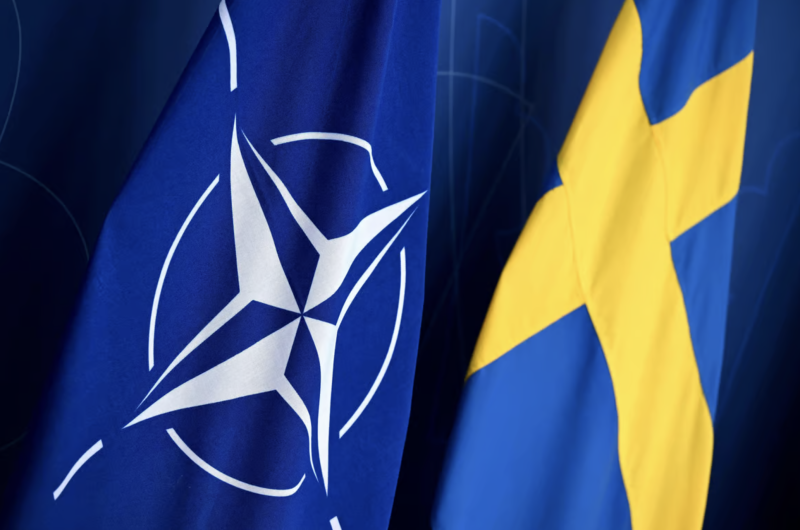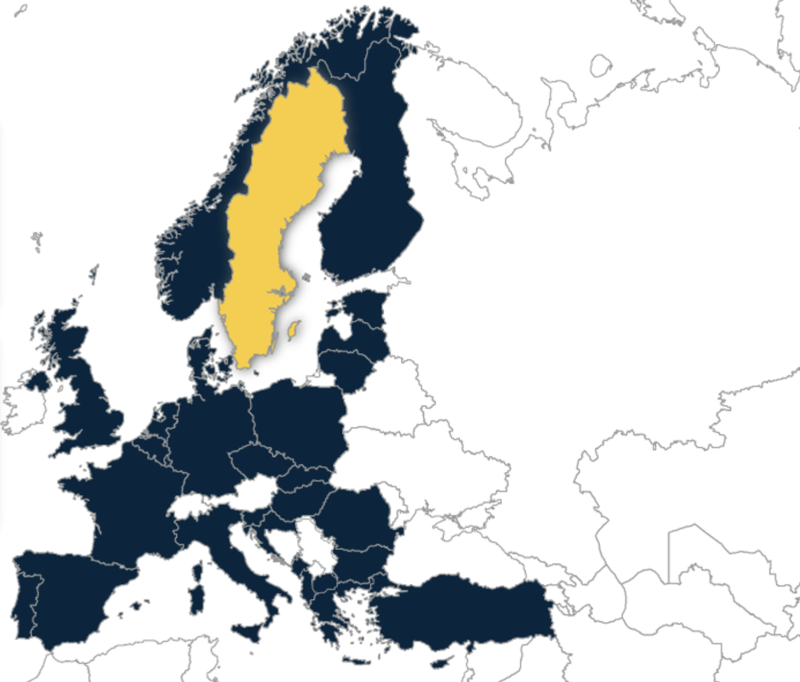
Sweden has a clear path to joining NATO following approval for its membership from Hungary's parliament. The vote, with 188 members in favor and six against, ended an almost two-year diplomatic standoff. NATO officials and diplomats anticipate completing the membership formalities by the end of the week.
The Hungarian parliament voted to ratify Sweden's NATO bid, resolving delays that frustrated the alliance for over 18 months amid efforts to expand in response to Russia's war on Ukraine. The vote in Hungary's parliament marks Sweden as the 32nd country to join NATO, which is a collective defense alliance with 31 current members. Article 5 of the North Atlantic Treaty declares an attack on one member as an attack on all.
In Budapest, Hungary, a meeting between Prime Minister Viktor Orban and his Swedish counterpart, Ulf Kristersson, preceded the vote. The leaders pledged to overcome their differences, emphasizing their readiness to support each other even to the extent of sacrificing their lives.
“Sweden now leaves 200 years of neutrality and alliance-independence behind us. It’s a big step, which we will take seriously, but also a very natural step … NATO membership means that we are coming home to a large number of democracies working together for peace and freedom and a very successful cooperation,” said Kristersson at a press conference.
This expansion of the military alliance, which saw Finland joining last year, was triggered by Russia's territorial aggression against Ukraine. Both Sweden and Finland, despite their historical military nonalignment, sought security within NATO after Russia's invasion began in 2022. Their membership is expected to enhance NATO's capabilities in northern Europe and the Baltic Sea.
The Russian invasion of Ukraine compelled Swedes to decide between joining NATO or potentially facing isolation against a belligerent and militarily assertive neighbor. While NATO membership is perceived by some as a strategic move for security, concerns exist among Swedes about a potential shift in their national identity, particularly in terms of Sweden's traditional stance on peace and disarmament.
The Swedish Peace and Arbitration Society expressed apprehension about the diminishing influence of Sweden's historically strong voice on peace-related matters. Sweden's neutrality, established in response to wars, has allowed the country to play a significant role in global conflicts. However, recent geopolitical shifts have seen Sweden leaning towards NATO, contributing to missions in various regions.

Despite reservations about altering their historical stance, opinion polls in Sweden show growing support for NATO membership, especially given Finland's decision to join. The prevailing sentiment is one of securing insurance against potential threats, aligning with NATO's Article 5, which ensures collective defense. The decision to join NATO was prompted by witnessing military aggression in Ukraine and a perceived need to enhance defense preparedness.
NATO, established in 1949 to address security concerns in Western Europe post-World War II, remains a key pillar of US-Europe military cooperation. The alliance's collective defense principle, stating that an attack on one member is an attack on all, has fueled debates over its enlargement, Russian concerns, and the readiness of the American public to defend every member. While NATO doesn't have its own armed forces, it coordinates with member states' militaries and has been involved in various conflicts and peacekeeping missions.
To join NATO, unanimous support from member states is essential. Initially announcing its intent to join in May 2022, Sweden faced objections from Turkey and Hungary. Turkish President Recep Tayyip Erdogan sought assurances on counterterrorism cooperation and the PKK issue, ultimately ratifying Sweden's NATO membership in January. Hungarian Prime Minister Viktor Orban, initially objecting due to concerns about Swedish comments on democracy in Hungary, ended Hungary's holdout with the recent parliamentary vote.

